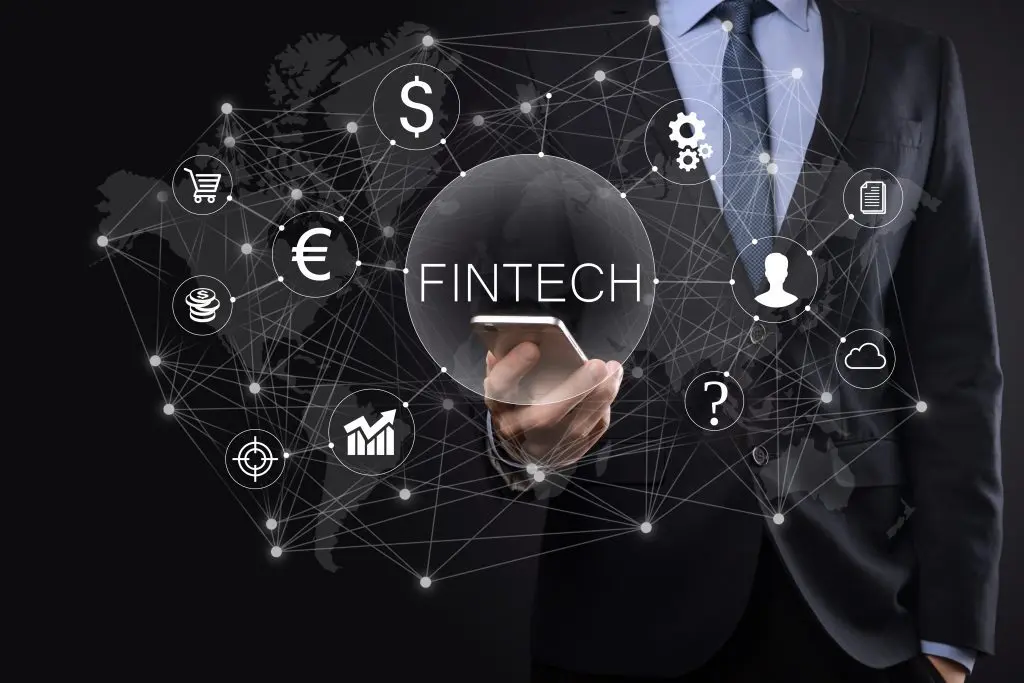While fintech was already beginning to shape the financial world prior to the coronavirus pandemic, there’s no doubt that the latter has accelerated its rate of adoption across the globe.
To this end, the global fintech market is expected to expand by a CAGR of 20.5% through the course of the next decade, before peaking at $699.50 billion by 2030.
The term Fintech describes the use of technology to enhance financial services, with a number of developments in this field having impacted sectors such as banking, blockchain payment processing in recent times. This is built on advanced technologies and programming languages, which are highly disruptive and drive significant financial inclusion across the board.
We’ll explore these in more detail below, while asking whether the subsequent transition may drive a greater need for VPNs.
The Rise of Open Banking – And Subsequent VPN Usage
Open banking is a way for citizens to share their financial data with authorized providers, with this becoming an increasingly popular concept prior to the pandemic.
In fact, it has increased from 1 million to 3 million users in the last year, so the trend shows no signs of abating anytime soon.
Open banking can be used to improve spending habits, make payments without the need to enter bank details or to have a single place to manage multiple accounts.
It can also be used to share your data with a lender so that the process of applying and getting approved for a loan is quicker, easier and less stressful.
This continues to change the way in which people manage their money, and it could potentially pave the way for the democratization of the global financial services space.
With a significant rise in open, online and mobile banking (the latter of which is also a key fintech evolution), it’s little wonder that we’re also seeing a marked increase in VPN usage across the board.
When you complete a VPN download, you’re creating a virtual, encrypted connection between your device and a remote server. This ensures that all your data and web traffic appears as an indecipherable string of code to third parties on a particular network, including managers, ISPs and hackers.
Make no mistake; if you share open banking details or manage your accounts on the move and when connected to unsecured, public networks, you may have to consider using a VPN to secure transactional data and minimize the risk of malicious malware attacks.
The Use of AI/Machine Learning in Capital and Forex Markets
AI and machine learning is another major trend in fintech and this is because it can be used in so many different ways.
AI can be used to prevent fraud and improve cybersecurity, to optimize and automate processes (which can reduce costs for financial institutions by as much as 22%), for credit scoring and also for customer service with the use of chatbots.
The AI-startup ‘I Know First’, founded in 2009, is also a fintech firm that utilizes state-of-the-art and self-learning algorithmic forecasting solutions to uncover the best investment opportunities in the capital markets.
In the case of low PE shares, AI-stock forecasts beat the S&P 500 four times during the coronavirus pandemic, highlighting huge advantages for investors from the perspective of both profitability and efficiency.
AI also underpins intuitive FX trading and mobile forex trading, typically through the MetaTrader platforms that utilize a particular programming language that sets these tools apart from their rivals.
Given that even automated FX trades are typically processed and managed while on the move (and while leveraging public networks), you may want to utilize a VPN to secure your transactional data at all times.
The Rise of Green Fintech
The green energy and industrial revolution is another major trend alongside fintech right now and they are even supporting one another.
Financial technology solutions can offer ways for people to reduce their impact and save the planet, such as the use of (wooden) payment cards with regular purchases contributing to reforestation projects and a cryptocurrency that rewards solar energy producers as a way to encourage people to switch to solar power.
Ethical consumer spending and finance reached a record £98 billion in 2020, so it is clear that this is a major consumer trend and one that will only continue in the coming years so fintech and sustainability are likely to further intertwine in the future.
It is fascinating to see how fintech is changing financial services and the way in which people manage and use their money with these being just a few of the current trends.
The possibilities are endless when it comes to fintech and it will be exciting to see what trends and developments occur in the coming years, especially when it is combined with green and ethical practices and helping people to improve their financial health.
